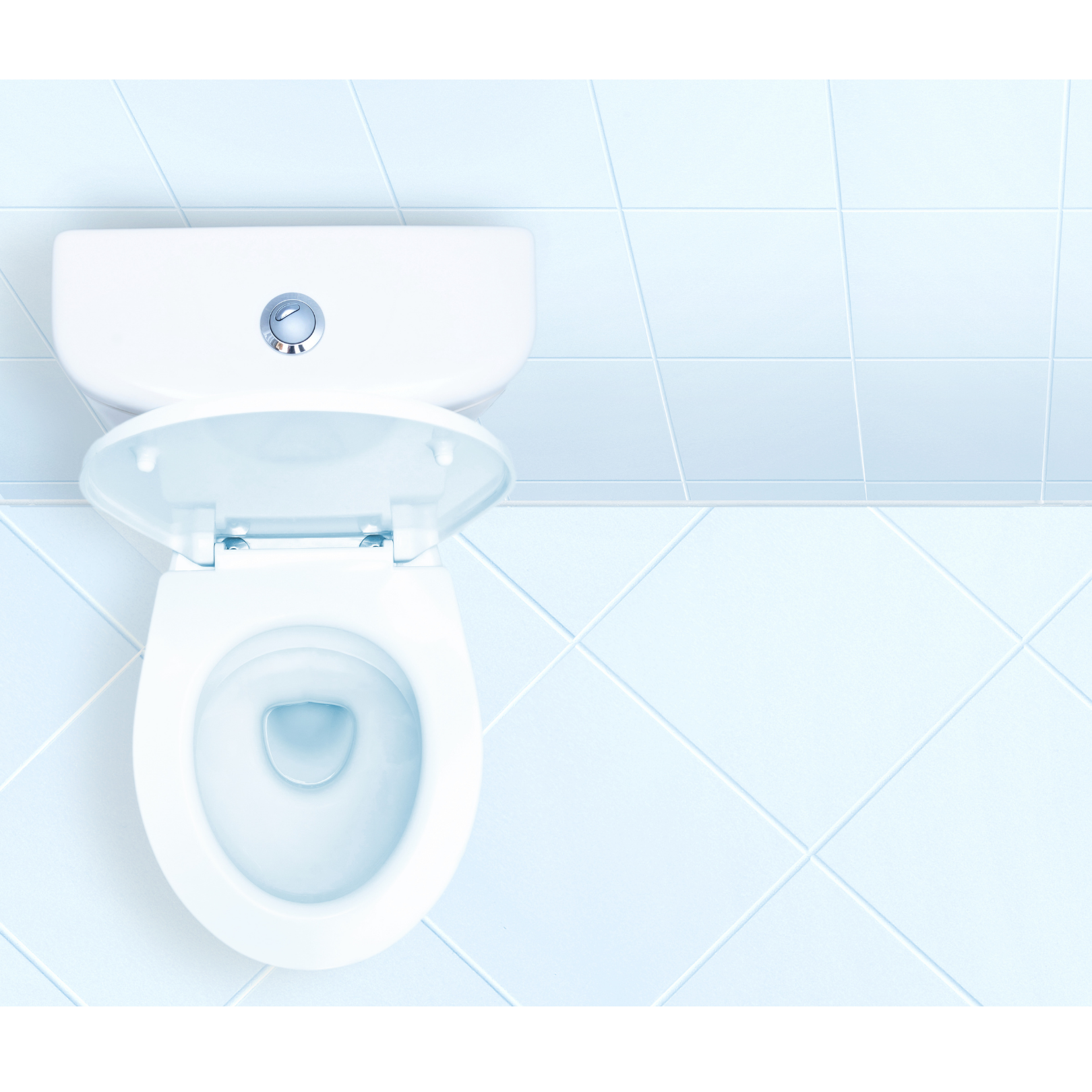Colon cancer can be prevented through screening.
If you are at average risk for colon cancer, you have options for what screening test you get: a take-home stool test or a colonoscopy. Talk with your provider and choose which option is right for you.
*If you are symptomatic or at high risk for colon cancer, colonoscopy is almost always the most effective screening option.
Take-home Stool tests
If you are at average risk for colon cancer, these tests offer you the option to get screened for colon cancer from the comfort of your own home. If you are interested in in-home stool tests, ask your provider for a referral.
Stool dna or cologuard
- In-home stool testing for average-risk patients ages 45-75
- Easy, simple to use
- No preparation necessary
- Patient collects stool sample and mails for testing
- Finds cancer by detecting cancerous and precancerous DNA in stool
- If positive, colonoscopy is required
- Every 3 years
Video: How Cologuard Works (In English and en espanol)
FIT test (Fecal Immunochemical Test)
- In-home stool testing for average-risk patients age 45 or older
- Easy, simple to use
- No preparation necessary
- Patient collects stool sample and mails for testing
- Finds cancer by detecting blood in stool
- If positive, colonoscopy is required
- Every year
Don’t have insurance? Contact Kentucky Cancer Link to see if you are eligible for a free stool test.
Colonoscopy
- Performed at a hospital or clinic with sedation
- Safe and available
- Doctor examines entire colon, removes any polyps to prevent cancer
- Full bowel prep required (clear liquid diet and medication)
- Likely requires a day off to recuperate
- Every 10 years for average-risk patient if no polyps are found
Don’t have insurance? Contact Kentucky Cancer Link to see if you are eligible for a free colonoscopy or evaluation.
Learn our best tips for preparing for your coloscopy here: Before You Screen



You must be logged in to post a comment.